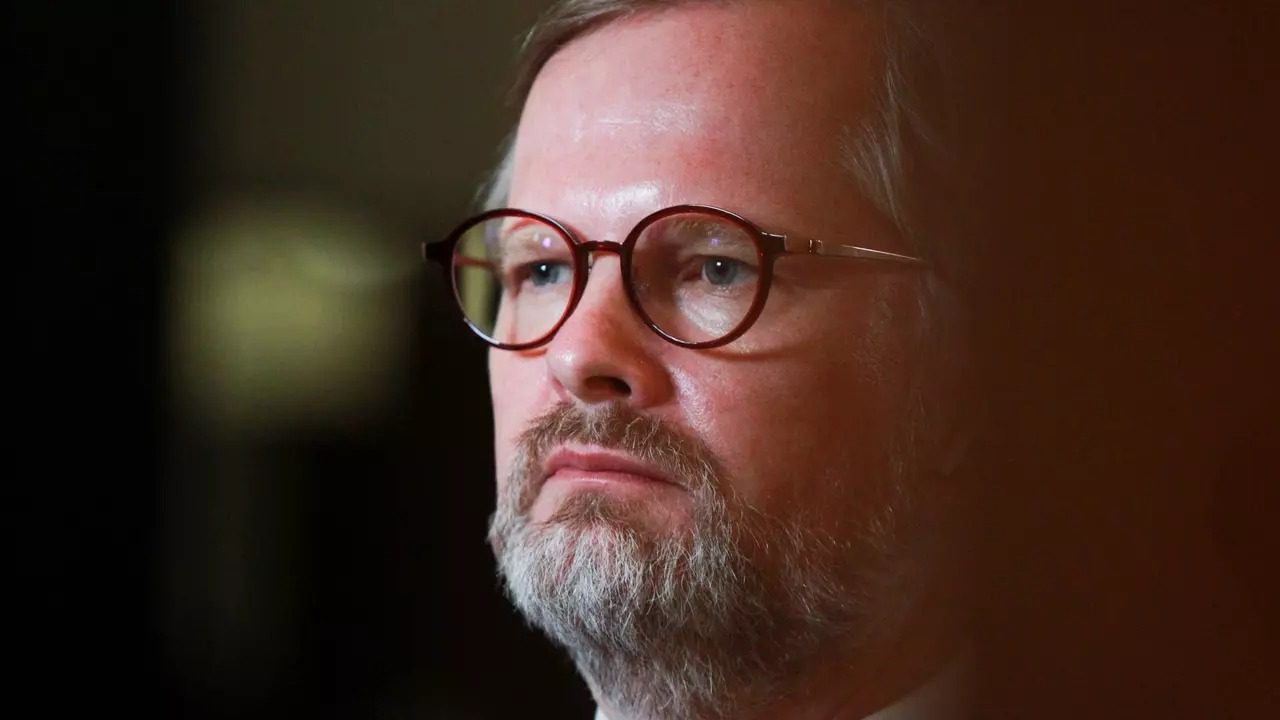According to Petr Fiala, chairman of ODS and candidate for Prime Minister, reducing the value-added tax (VAT) is not suitable for solving the current rise in energy prices. This is precisely what the outgoing government of Andrej Babiš (ANO) is advocating. It seems, for example, a housing allowance is a suitable instrument to support households.
Babiš intends to reduce VAT on energy from 21% to 0% in response to the unprecedented rise in electricity and gas prices. However, according to Fiala, it is not even technically possible for the outgoing government to implement this step. The European Union (EU) allows zero VAT only in exceptional cases, and the cabinet has not yet discussed it with representatives of the European executive.
“In our opinion, the VAT route is not a good one,” Fiala said. “There are better ways. One of them is to help those who are now in trouble, which is the housing allowance, “he stated, adding that it is necessary to look for other steps that will keep prices under control in the medium term.
Jakub Steiner, an economist at CERGE-EI, made a similar argument on social media. “To calm markets, it is important that end consumers react to the increase in wholesale prices. Government assistance to families is significant; we don’t want anyone to freeze in the winter,” he wrote on Facebook.
“However, this assistance should not be in the form of a VAT remission, as this type of assistance is a price reduction, therefore dampening the incentive to conserve energy. On the contrary, a social benefit that does not grow with the amount of energy consumed does not deform the price and therefore does not suppress the achievement of equilibrium,” Steiner added.
Energy is scarce; we need to save it
In his contribution, the economist explained that prices are rising because there is less energy than before, which can only be solved by consumers occasionally turning off the light bulb or turning down the radiator.
“Small increases in energy prices are not enough because the end-user ignores them. For one thing, they are only a small part of their budget, plus they are protected from wholesale price fluctuations by retail contracts. Prices have to skyrocket high enough for enough of us to turn off a light bulb or radiator, ” Steiner said.









Leave a Reply